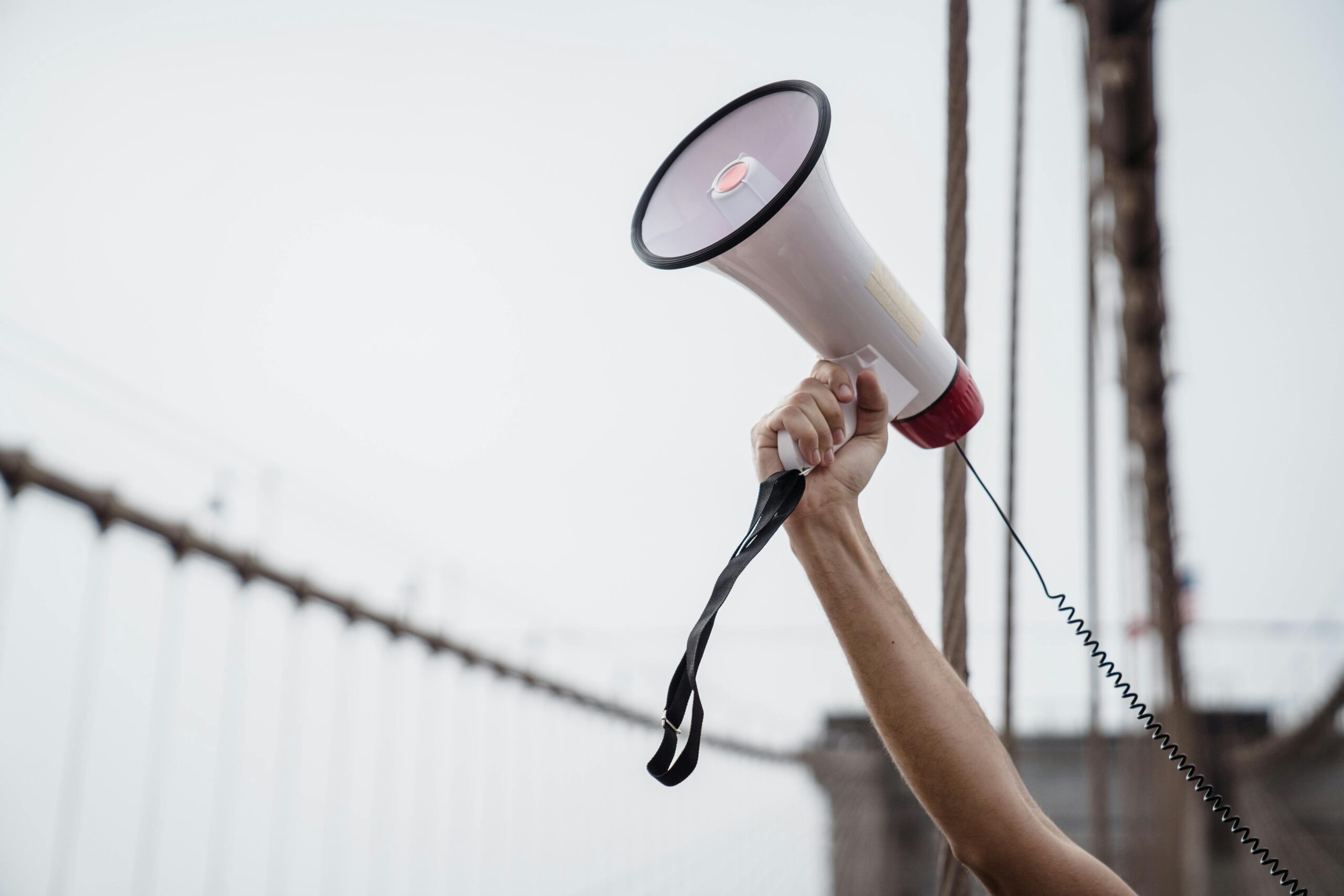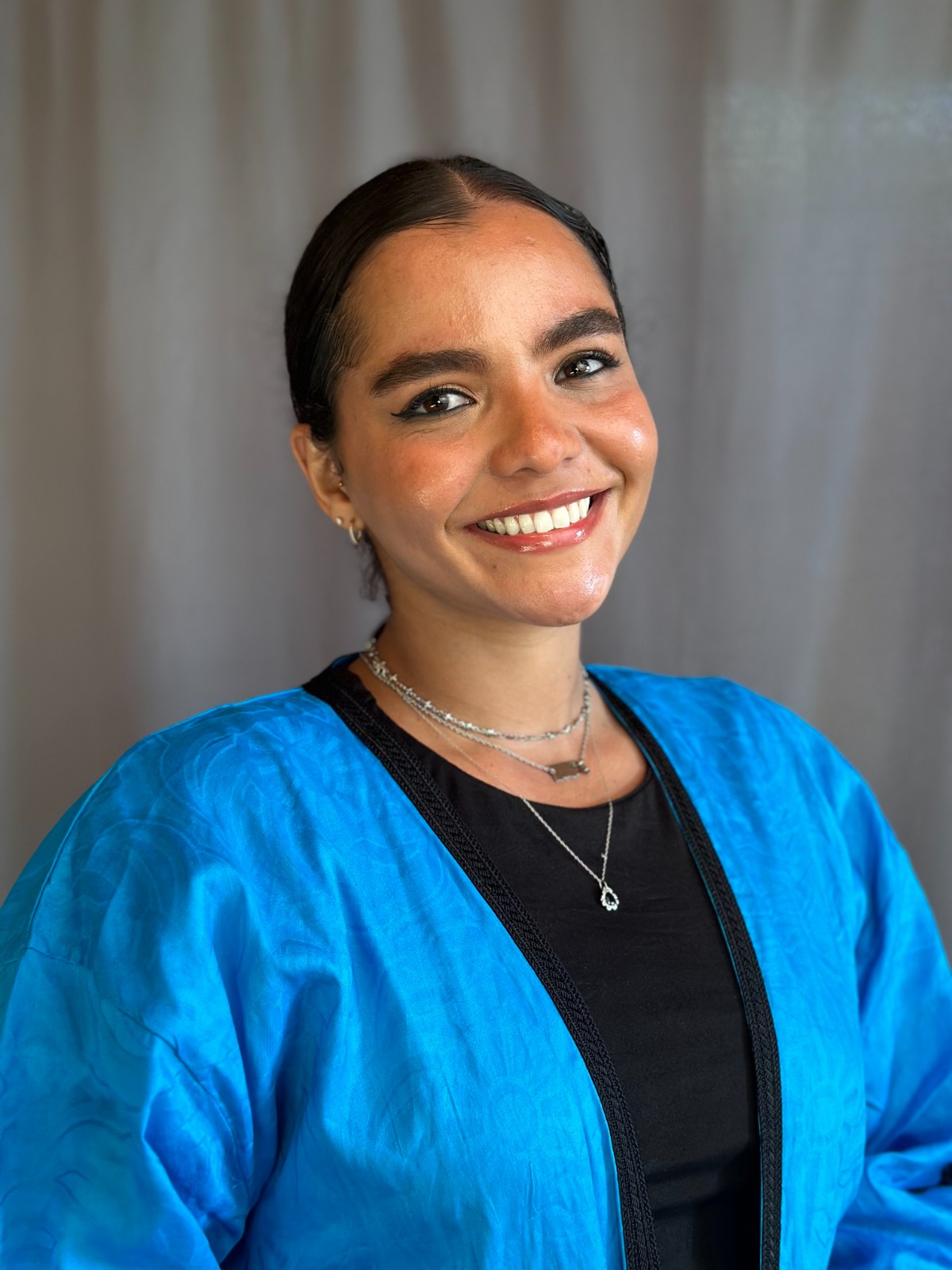I was nearly recruited by the anti-choice movement by accident
29th January 2025
In 2020, during the pandemic, I stumbled upon the World Youth Alliance (WYA). The WYA is an international organization that promotes its interpretation of human dignity, focusing on advocacy, education, and culture to advance its views on the human person. Their training programs appeared to offer an incredible opportunity to engage in global youth advocacy and leadership development. As a feminist activist growing Politics4Her, I was always on the lookout for ways to expand my network and learn. I applied and was accepted. But then came an email that shocked me. While praising my work with Politics4Her, they emphasised their core principle of “human dignity,” making it clear this included opposition to abortion.
I was stunned. Their language was crafted to sound universal and positive, co-opting 'human rights language', but it was clear that it masked an anti-choice agenda. This experience left me unsettled. It was a reminder of how anti-choice organisations like WYA have mastered hiding their harmful ideology in appealing language and through interesting opportunities. Their tactics are subtle but dangerous, designed to recruit young people who might not immediately recognise the underlying agenda.

A Growing Anti-Choice Movement
Today, the political climate has encouraged the resurgence of these groups. With a new Trump era, regressive policies and anti-choice rhetoric is gaining ground globally. This resurgence is deeply interconnected with the rise of red-pill movements, spearheaded by figures like Elon Musk, Andrew Tate, and other online influencers who perpetuate misogynistic ideologies. The “red pill” movement refers to a loosely connected online ideology rooted in antifeminist and misogynistic beliefs, often promoting traditional gender roles and opposing progressive social changes. Such movements thrive on promoting control over women’s bodies, wrapping their narratives in language about “freedom,” “traditional values,” and “protecting life” while mobilising online to spread their message. The fusion of anti-abortion rhetoric with the red-pill ecosystem creates a dangerous force, particularly on platforms where young men are radicalised into seeing women’s autonomy as a threat to their own power. This blend of regressive politics and digital mobilisation is shaping a generation holding misogynistic views which must be confronted head-on.
But what’s even more alarming is the professionalisation of the anti-choice movement. Organisations like WYA are actively building infrastructure to sustain their impact for future generations. They are well-funded, highly strategic, and effective in recruiting young people through “aspirational and empowering” opportunities. This movement is not confined to traditional anti-abortion spaces. It is global, infiltrating spaces like the European Union (EU) and the United Nations (UN), where progressive values on reproductive rights should, theoretically, be upheld. The reality, however, is far more troubling. During CSW67, I encountered two young women representing an anti-choice, “pro-family values” NGO from Canada. I was shocked when they shared what they were working on—how is this a space for them? And more importantly, how can activists like myself feel safe in spaces like CSW, where anti-choice organizations are allowed to operate openly?
Spotlight on the World Youth Alliance
In an openDemocracy article, it was revealed that the European Union allocated €400,000 to the WYA for a project aimed at educating girls on reproductive health. This funding is part of over €572,000 that the WYA, a US-based charity with offices worldwide, received from the EU’s Erasmus+ program between 2010 and 2022. The organization claims to promote “human dignity” through youth engagement, with a presence in over 160 countries and offering leadership training and advocacy opportunities. But beneath this lies a disturbing agenda. WYA’s founder, Anna Halpine, has compared abortion to atrocities like the Holocaust and the Rwandan genocide, distorting reproductive health care to dehumanize those who seek or support abortion. The organization has a documented history of spreading disinformation, including false claims that abortion negatively affects fertility and maternal health—claims that credible medical authorities have debunked. Funding WYA contradicts the European Parliament’s declared commitment to sexual and reproductive health (SRH) as a fundamental human right. By funding such groups, the EU risks undermining progress on gender equality and bodily autonomy and is legitimising anti-choice ideologies. This decision reflects a worrying normalisation of harmful rhetoric disguised as education and raises urgent questions about the accountability of public funding mechanisms.

–
‘We must confront these tactics head-on by amplifying feminist voices, reclaiming human rights language rooted in equality and autonomy, and investing in the leadership of progressive, informed young people. ‘
–
The Evolution of Anti-Choice Tactics
The WYA’s success is part of a broader strategy within the anti-choice movement that has evolved significantly in recent years. These groups have embraced using social media campaigns, influencer partnerships, and sophisticated messaging to appeal to younger audiences. Programs within WYA supposedly offer young people lucrative opportunities, access to international institutions, and a sense of achievement—all while subtly indoctrinating them with anti-choice ideology. The use of “Tactic Academies” and “Human Dignity” training programs reveals how these organisations aim to legitimize their presence in global spaces and high-level events. Their agenda is framed as a moral imperative rather than a political stance, so that they position themselves as defenders of “universal values”, even as they undermine reproductive rights. By “grooming” young people with what seems like lucrative opportunities, these groups are creating a pipeline of anti-choice advocates poised to shape policies for decades to come.
At the heart of their strategy is a language war. Anti-choice groups have mastered the art of manipulating rhetoric, framing their ideology in terms like “human dignity” and “rights” to give their harmful narratives an air of moral authority. By equating abortion with atrocities like genocide and reproductive rights as threats to ethical values, they shape public opinion in ways that make it harder to advocate for reproductive justice. This battle over language impacts policies, public discourse, and the broader cultural narrative, making it more difficult to protect and expand access to safe abortion and other essential rights.
If left unchecked, they will continue to shape policies and narratives that will erase reproductive autonomy. For the pro-choice movement, this is a critical moment. We must confront these tactics head-on by amplifying feminist voices, reclaiming human rights language rooted in equality and autonomy, and investing in the leadership of progressive, informed young people. The future of reproductive rights depends on our ability to push back against this distorted agenda and ensure that the fight for bodily autonomy remains unapologetically strong and centred on justice.
–
‘The future of reproductive rights depends on our ability to push back against this distorted agenda and ensure that the fight for bodily autonomy remains unapologetically strong and centred on justice.’
–
What We Can Do
To counter this growing threat, we must act decisively:
- Invest in youth-led feminist organizations and networks: Support groups that promote reproductive justice, sustaining and growing the movement to confront the rising tides of regression. These organizations are on the frontlines, and their advocacy needs meaningful financial and institutional backing.
- Address the exclusion of young progressive leaders: With shrinking spaces for youth-led organizations, WYA and similar groups exploit this vacuum to push a false narrative—that today’s youth are anti-LGBTQIA+, anti-choice, and aligned with regressive ideologies. Reclaim these spaces and amplify informed, progressive youth voices.
- Monitor anti-choice organizations: Learn from their tactics and strategies to develop effective countermeasures against their influence and disinformation campaigns.
- Hold governments accountable: Advocate for transparency in funding decisions. For example, the EU’s financial support for WYA contradicts its stated values. We must demand an end to government funding for anti-rights groups.
The fight for reproductive justice is far from over. Organisations like the WYA might present themselves as champions of dignity and solidarity, but their actions tell a different story. They are part of a calculated, well-funded effort to roll back reproductive freedoms and shape a future where our rights are no longer guaranteed. For those of us who believe in bodily autonomy and equality, this is a battle we cannot afford to lose.
Let’s stay vigilant, stay organized, and ensure that our voices are louder than theirs.
This article was authored by Yasmina Benslimane.

